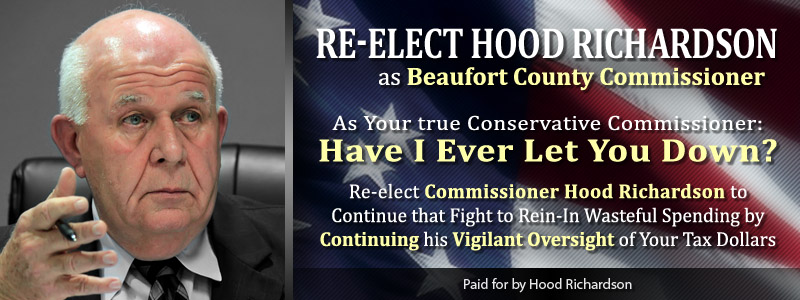Publisher's note: This article appeared on John Hood's daily column in the Carolina Journal, which, because of Author / Publisher Hood, is linked to the John Locke Foundation.
John Hood, president of the John Locke Foundation.
RALEIGH
I've made this point before, but it's worth emphasizing one more time: those who oppose school choice in elementary and secondary education should, if they wish to be consistent, oppose former Gov. Jim Hunt's Smart Start program and former Gov. Mike Easley's More At Four program, now known as NC Pre-K.
Both Smart Start and NC Pre-K seek to improve the long-term academic and career success of North Carolina children. Both programs use tax dollars to subsidize child care and preschool services delivered by district-run public schools, private companies, and nonprofits, including religious institutions.
Where are the thunderous denunciations of Smart Start and NC Pre-K for eroding the separation of church and state? Where the protests against the Democrats who created these "privatization schemes"?
The silence speaks volumes.
Indeed, the only substantive debate about North Carolina's preschool interventions at this point appears to be between fiscal conservatives who want to focus the resources on at-risk kids (who are the only kids for whom long-term benefits are likely, according to empirical research) and fiscal liberals who want to expand them into a taxpayer-funded universal preschool program.
Interestingly, when conservatives defend North Carolina's new opportunity-scholarship program for at-risk students choosing private elementary or secondary education, liberals ominously warn that the super-secret Republican plan is to expand the program until it becomes a universal voucher system threatening the very existence of district-run public schools. But when it comes to tax-funded preschools, the liberals are the ones who want to subsidize wealthy families. Conservatives don't. The latter group has the only consistent, coherent position on the subject.
As it happens, existing voucher-like programs for child care and preschool offer interesting lessons for school reformers about how school choice is likely to work in K-12 education. When choosing a center or preschool, parents apply a wide variety of criteria. Many use word-of-mouth recommendations. Others use formal ratings. Convenience, cleanliness, and community ties also play a role in the decision.
In general, it appears that parents — even stressed single parents with limited resources or educational attainment — make reasonable choices for their preschoolers. Moreover, early evidence suggests that the more competitive the market is for child care and preschool services, the better off children are when they enter elementary schools.
In 2006, the
Journal of Policy Analysis and Management published a study by two Georgia State University researchers of that state's preschool program, which is funded by the Georgia Lottery. As in North Carolina, Georgia's preschool funds follow the child to private as well as public institutions. The researchers used a familiar statistical tool, a
Herfindahl Index, as an indicator of how many preschool options parents have available to them in each county.
The study found that counties with greater competition among public and private preschools experienced larger gains in student achievement when the children went on to elementary school. Specifically, 3rd-graders who had attended preschools in more-competitive counties had average reading and math scores that were about 14 percent of a standard deviation higher than their peers in less-competitive counties, after adjusting for other factors such as socioeconomic status.
Now, 14 percent of a standard deviation may not sound like much. But in the context of education reform, it's nothing to sneeze at. Most trendy school reforms have effect sizes not much larger than that, and many deliver
no statistically significant benefits at all.
The relationship between educational competition and educational outcomes is hardly limited to the preschool sector. The John Locke Foundation will soon be releasing the result of an exhaustive review of more than 100 academic studies published over the past 25 years that explore the effects of
competition on student outcomes in elementary and secondary education. While the effects vary across communities, states, and nations, the general finding is that when parents choose and schools compete, children win.
One might even say that while preschool programs based on choice and competition can give kids a Smart Start, K-12 programs based on choice and competition can give those same kids a Smart Finish.


























